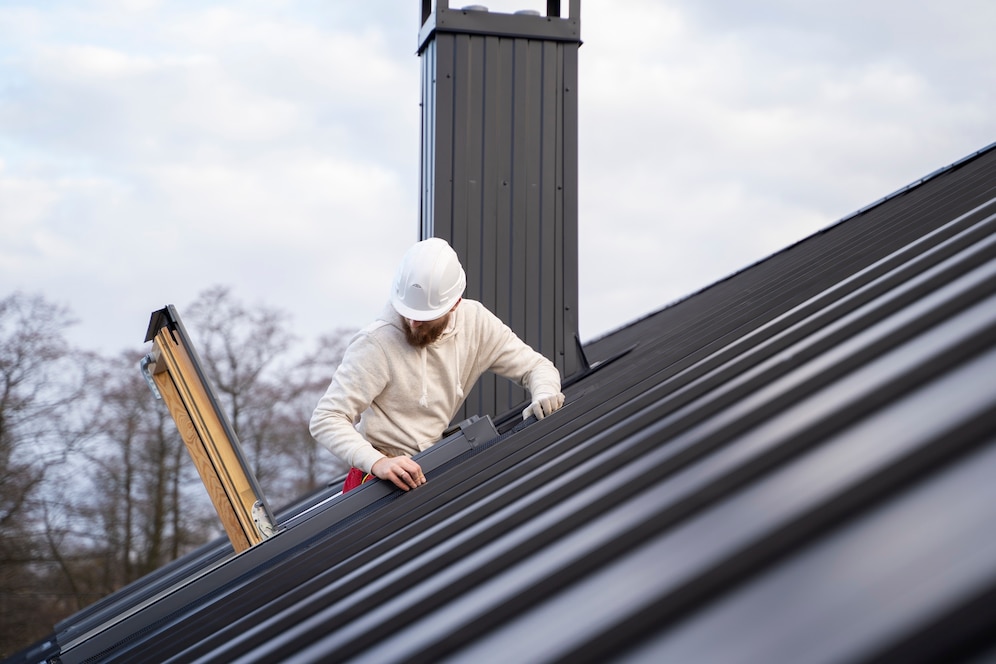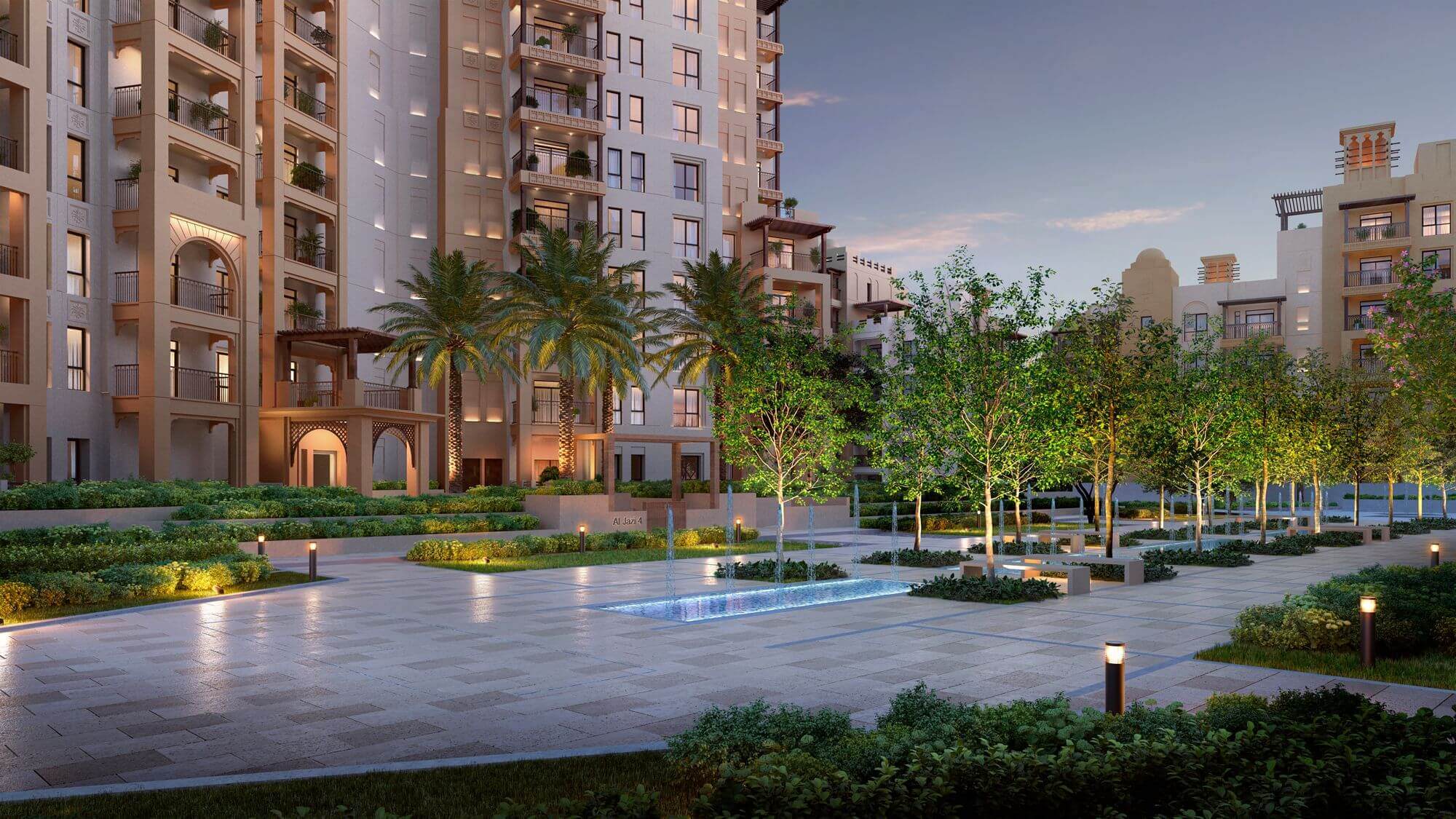When it comes to commercial and industrial structures, the roof is frequently an overlooked yet critical component. A robust, dependable roof is critical for the structure’s protection, the safety of its occupants, and the lifespan of the business it houses. Hence Commercial industrial roofing is the solution to these vast, sprawling facilities’ particular roofing needs, and its significance cannot be emphasized.
Commercial industrial roofing is more than simply a building cover; it is an essential component that protects the safety, longevity, and functionality of commercial and industrial structures. To maximize the benefits of a well-designed and well-maintained roofing system, property owners and managers must prioritize regular inspections, maintenance, and, if necessary, roof replacement.
Let’s talk about Commercial industrial roofing and its importance:
Roofing systems designed and installed for commercial and industrial establishments are referred to as commercial industrial roofing. Because of their size, complexity, and function, these structures frequently have different requirements than residential buildings. Warehouses, factories, retail spaces, office complexes, and other sorts of commercial and industrial buildings are common.
The significance of commercial industrial roofing-
Protection-
The basic purpose of any roof, particularly in commercial and industrial environments, is to provide protection. These structures frequently house significant assets, equipment, and people. A well-built roof serves as the first line of defense against weather factors, preventing water infiltration, structural damage, and even occupant danger.
Longevity-
Industrial and commercial assets are long-term investments. The roofing system should have a long lifespan to match the building’s overall life expectancy. High-quality roofing materials and proper installation ensure that the roof will last.
Energy Conservation-
Commercial and industrial properties face high energy costs. An energy-efficient roof can aid in temperature regulation, decreasing the stress on HVAC systems. This not only saves energy but also minimizes the environmental impact of the structure.
Safety-
The occupants’ safety is of the utmost importance. A well-maintained roof eliminates leaks and structural faults that could jeopardize safety. It also reduces the danger of accidents and injuries caused by roof-related issues.
Asset Preservation-
Commercial and industrial structures frequently store costly machinery, inventories, and materials. A sturdy roof protects these assets from water damage or exposure to the elements.
Compliance-
Many commercial and industrial buildings must adhere to municipal construction laws and restrictions. Proper roofing installation guarantees that the structure complies with these standards, avoiding legal complications and significant fines.
Property Worth-
A well-maintained and structurally strong roof increases the property’s total value. It’s a desirable feature for potential buyers or tenants, and it can boost resale or rental value.
Savings on costs-
While investing in a quality roofing system may appear to be costly at first, it frequently results in long-term cost savings. Financial benefits include lower energy costs, maintenance, and a longer roof lifespan.
What is the role of Commercial Industrial Roofing in construction:
Commercial industrial roofing is more than simply an overhead covering; it is a crucial element in the construction of commercial and industrial structures. It is critical in safeguarding the structure, ensuring its durability, and providing occupants with a safe and energy-efficient environment. To maximize these benefits, property owners, builders, and managers must prioritize the selection and maintenance of commercial industrial roofing.
When it comes to construction, the value of a dependable and well-built roof cannot be understated. Hence Commercial industrial roofing is critical in the construction process and the structure’s long-term functionality in the context of commercial and industrial buildings. It serves the following functions:
Protection and weatherproofing-
Protecting the building and its contents from the elements is one of the key responsibilities of a commercial industrial roof. Therefore This involves protecting the building from rain, snow, hail, wind, and even direct sunlight. It inhibits water intrusion, which can cause structural damage, mold growth, and interior space degradation.
Structural stability-
A correctly planned and built commercial industrial roof adds to the building’s overall structural stability. It appropriately distributes the weight of the roofing materials as well as any prospective loads (such as snow or equipment) to avoid undue stress on the structure.
Insulation and Energy Efficiency-
Moreover, Temperature and climate control are frequently required in commercial industrial structures. The roofing system can play an important role in insulation, assisting in the maintenance of the optimum internal temperature. Hence This, in turn, helps with energy efficiency by reducing the stress on HVAC systems and energy expenditures.
Fire Defence-
Roofs can also be built to be fire resistant, which is an important quality for industrial buildings that may contain flammable products. Hence Fire-resistant roofing materials can slow the spread of flames and increase occupant safety.
Water Management and Drainage-
Therefore Drainage systems that successfully control water runoff are included in proper commercial industrial roofing. Water might collect on the roof if there is insufficient drainage, producing structural stress and potential leaks. Such problems are avoided by effective water management.
Regulation and Compliance-
Many commercial and industrial structures are subject to strict building laws and restrictions. To achieve compliance, commercial industrial roofing systems must meet certain specifications. Hence Failure to do so may result in legal problems, fines, or possibly the closure of activities.
Longevity and Durability-
Because commercial industrial roofs are large investments, they are often intended for long-term use. Hence A well-built roof made of sturdy materials can last for many years and provide a good return on investment.
Asset Security-
Commercial and industrial structures frequently store costly machinery, inventories, and materials. Hence A dependable roof protects these assets from damage caused by exposure to the elements.
Property Worth-
Therefore A well-maintained and high-quality commercial industrial roof increases the property’s total value. It increases the building’s appeal to potential purchasers or tenants and can boost selling or rental value.
A description of the various forms of commercial and industrial roofing:
The roof is the first line of defense for commercial or industrial structures, defending against natural threats such as wind, rain, fire, hail, ice, snow, and severe heat. It’s also the most vulnerable section of your structure. Every day, your roof is exposed to weather and other elements that can cause decay and deterioration, increasing the risk of harm to the roof and the material beneath it. A lower-quality roof may not be able to withstand the rigors of your region’s weather.
A roof must keep all moisture and water out. Another key feature of a high-quality roof is its energy efficiency. Energy loss from poor roofs is estimated to be up to 50%. This can apply to both the loss of cool air in hot summers and the loss of heat in winter. Consider it money thrown out the window. It’s a waste of time. Fortunately, there are ways to increase the energy efficiency of your roof. There are various types of roofing available, but choosing the best one is essential. Some of the greatest commercial and industrial roofing alternatives are listed here.
Conclusion:
The significance of commercial industrial roofing in maintaining the longevity, functioning, and protection of big commercial and commercial industrial roofing contractor structures is critical. This specialized field’s importance cannot be overstated, as it addresses the unique issues that these buildings face. Commercial industrial roofing provides comprehensive solutions for property owners and managers, from protecting important equipment and providing weather protection to improving energy efficiency and guaranteeing regulatory compliance.





